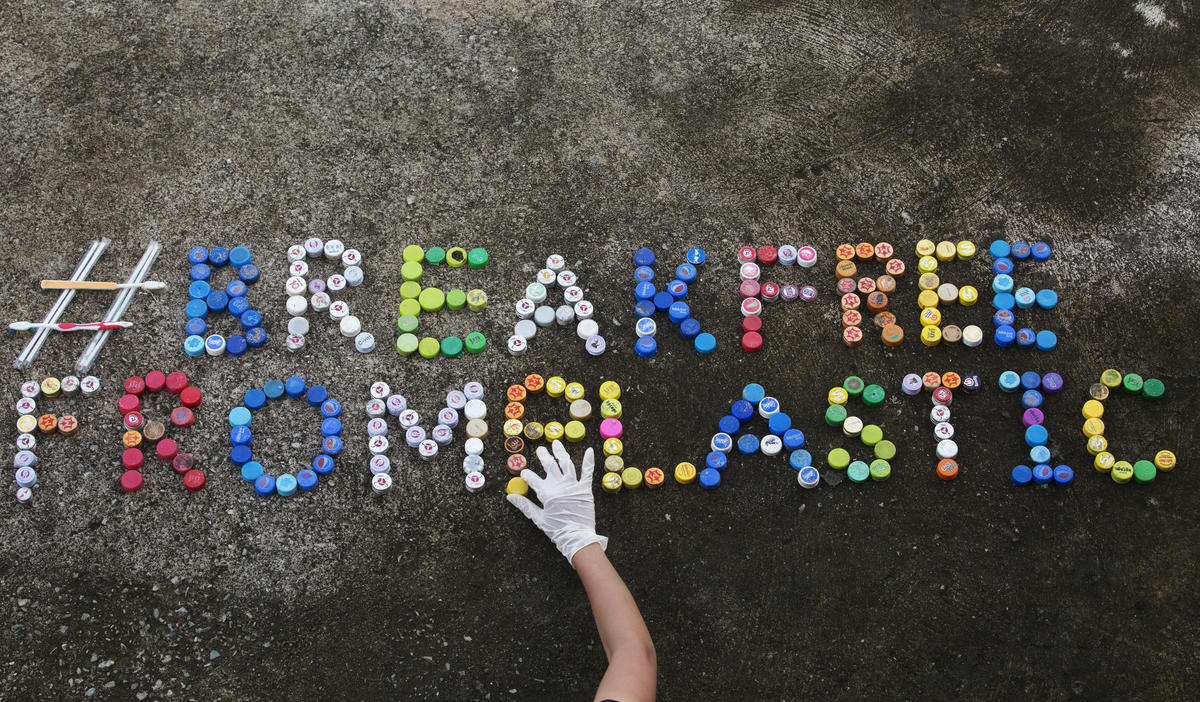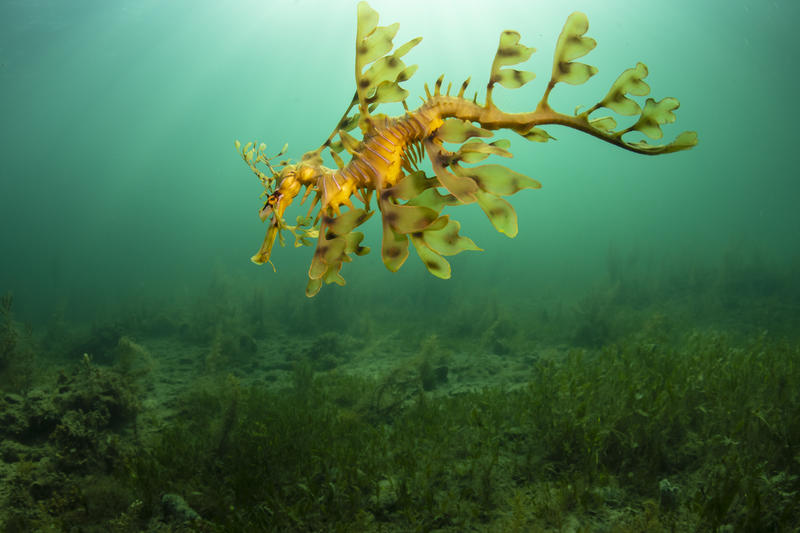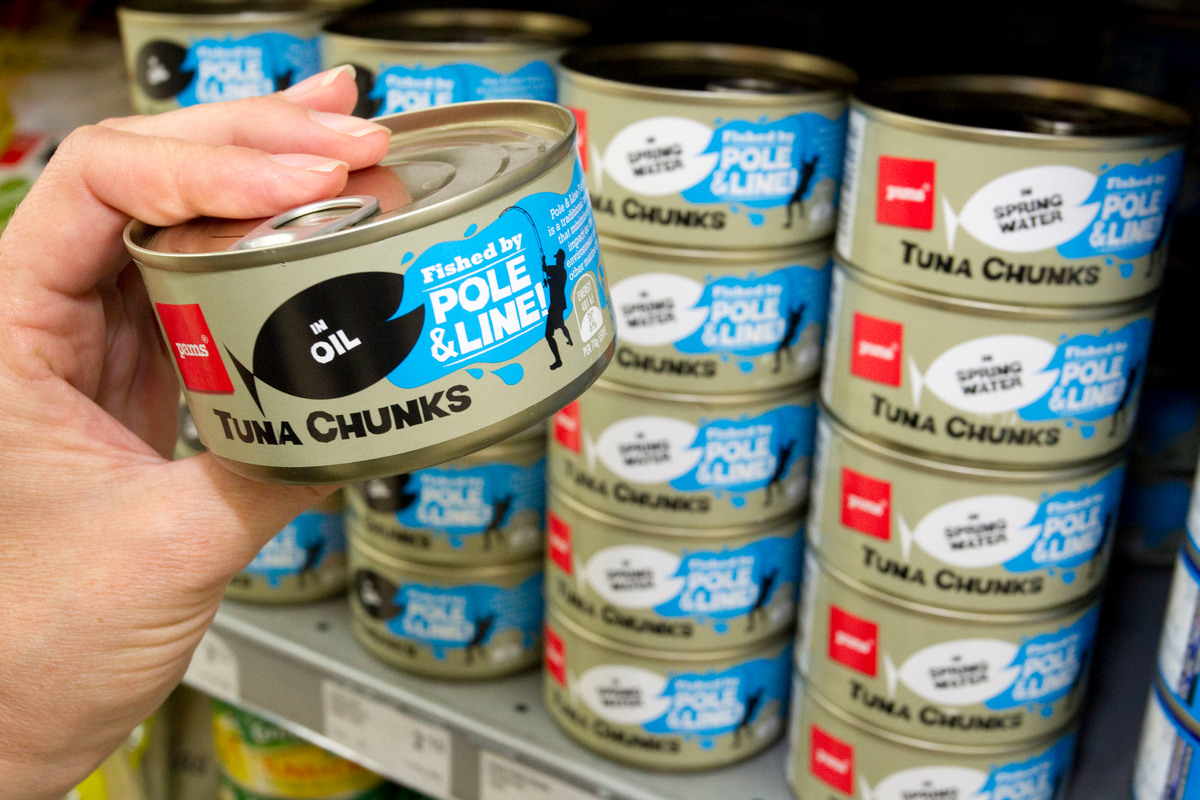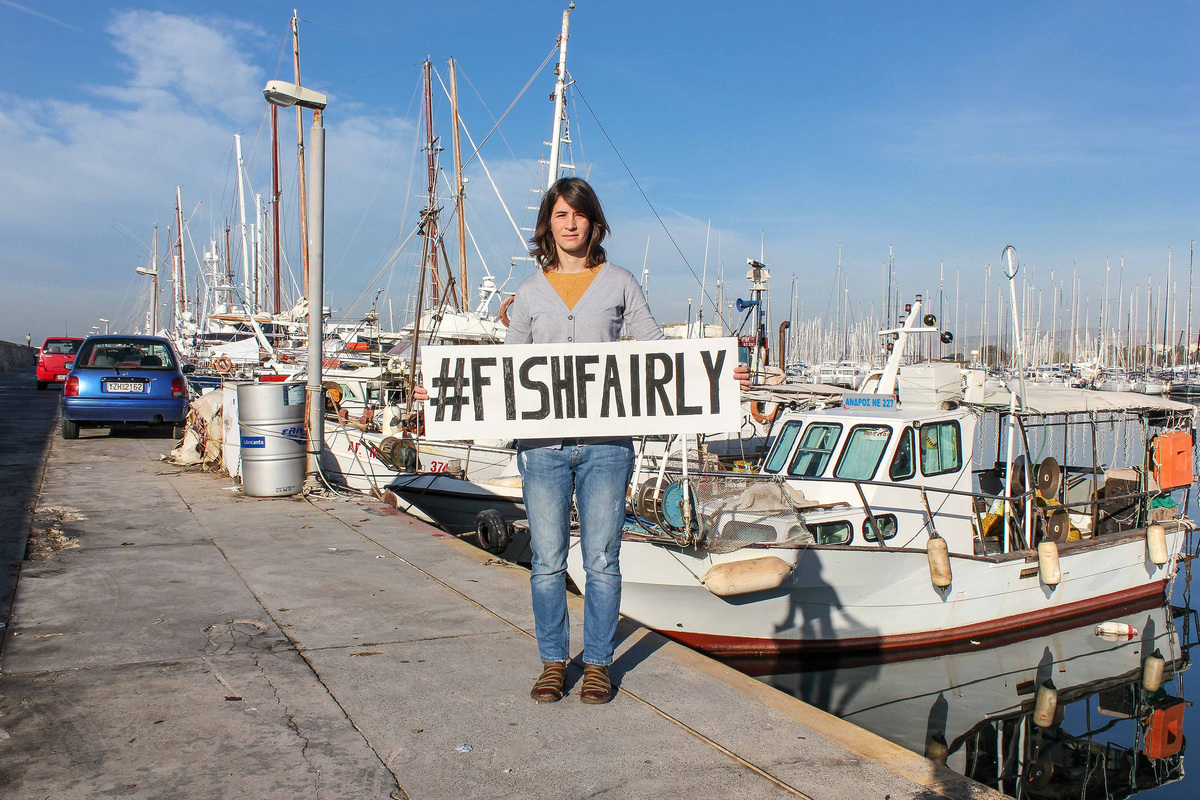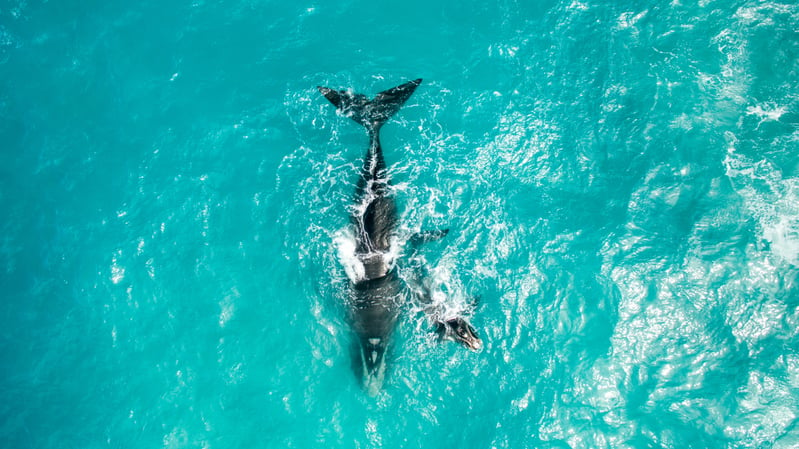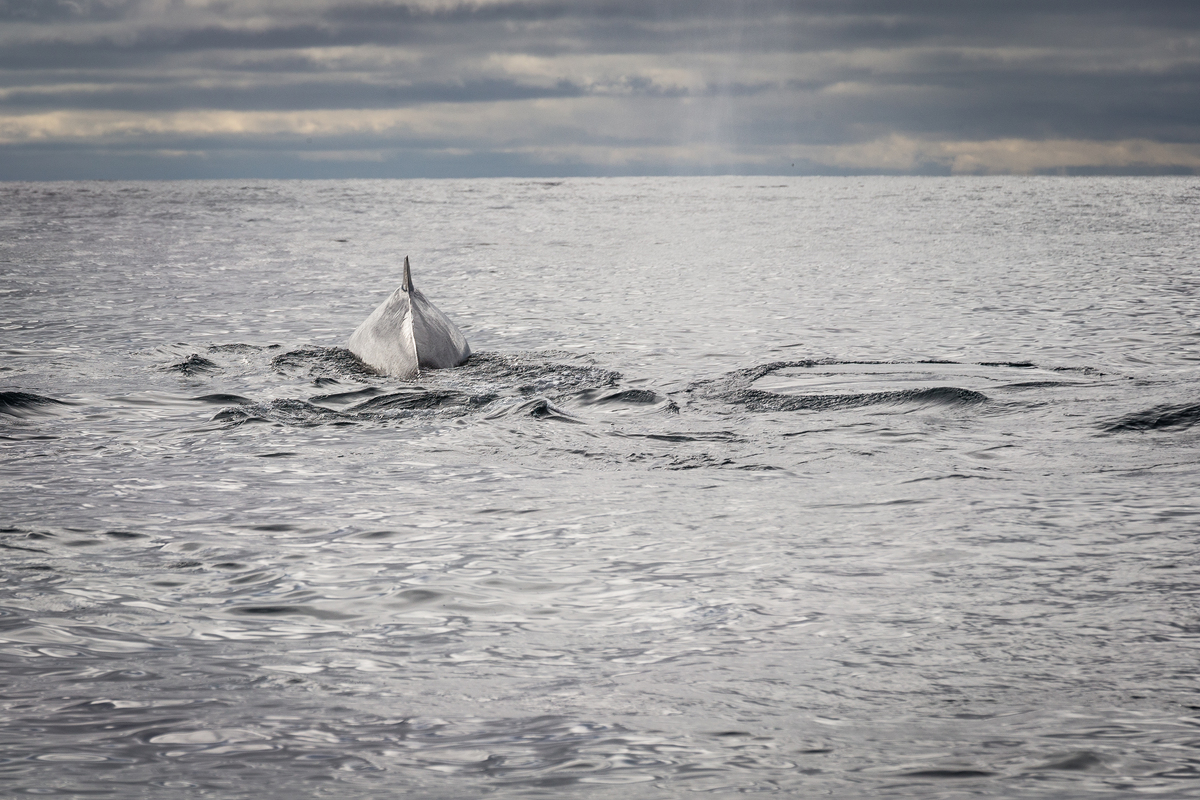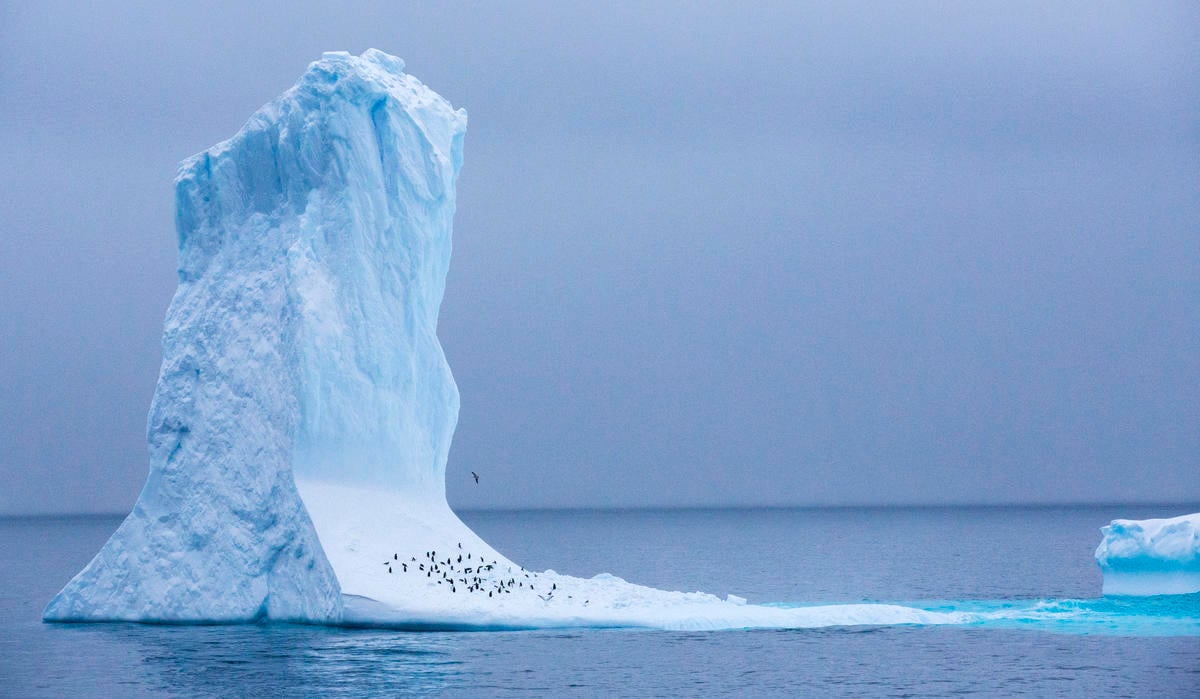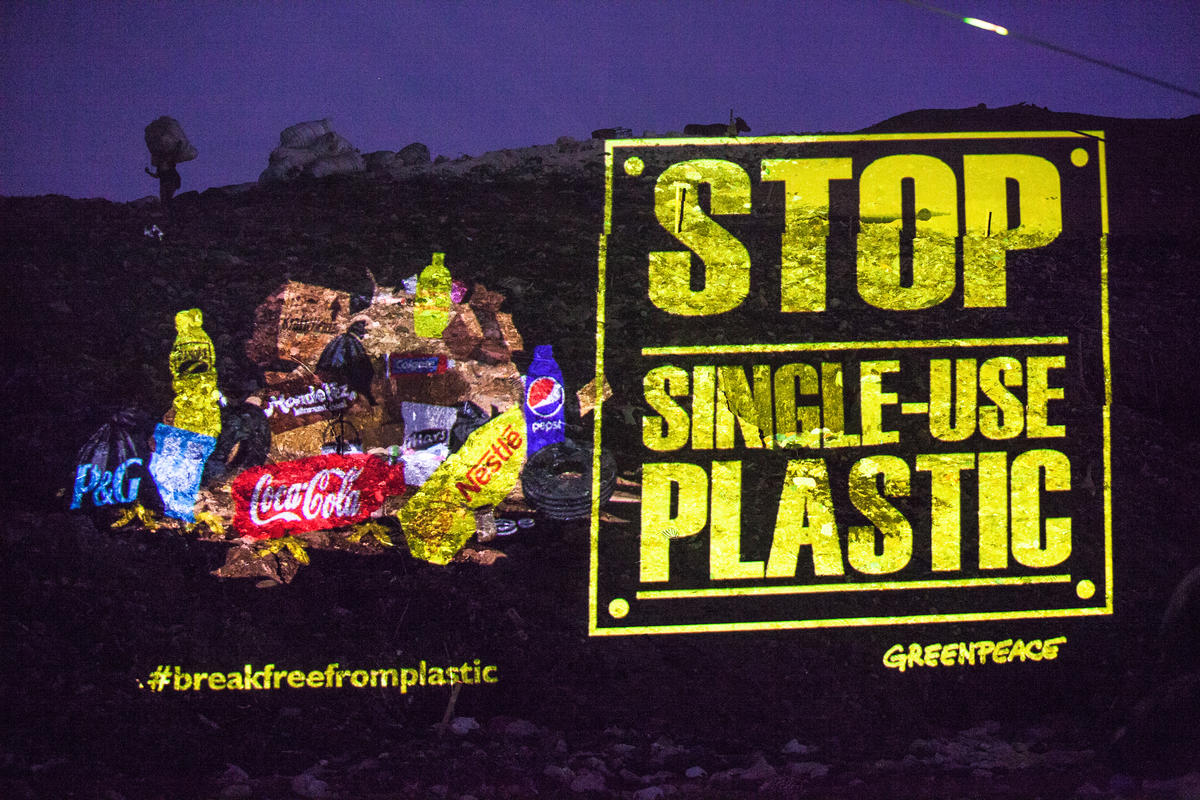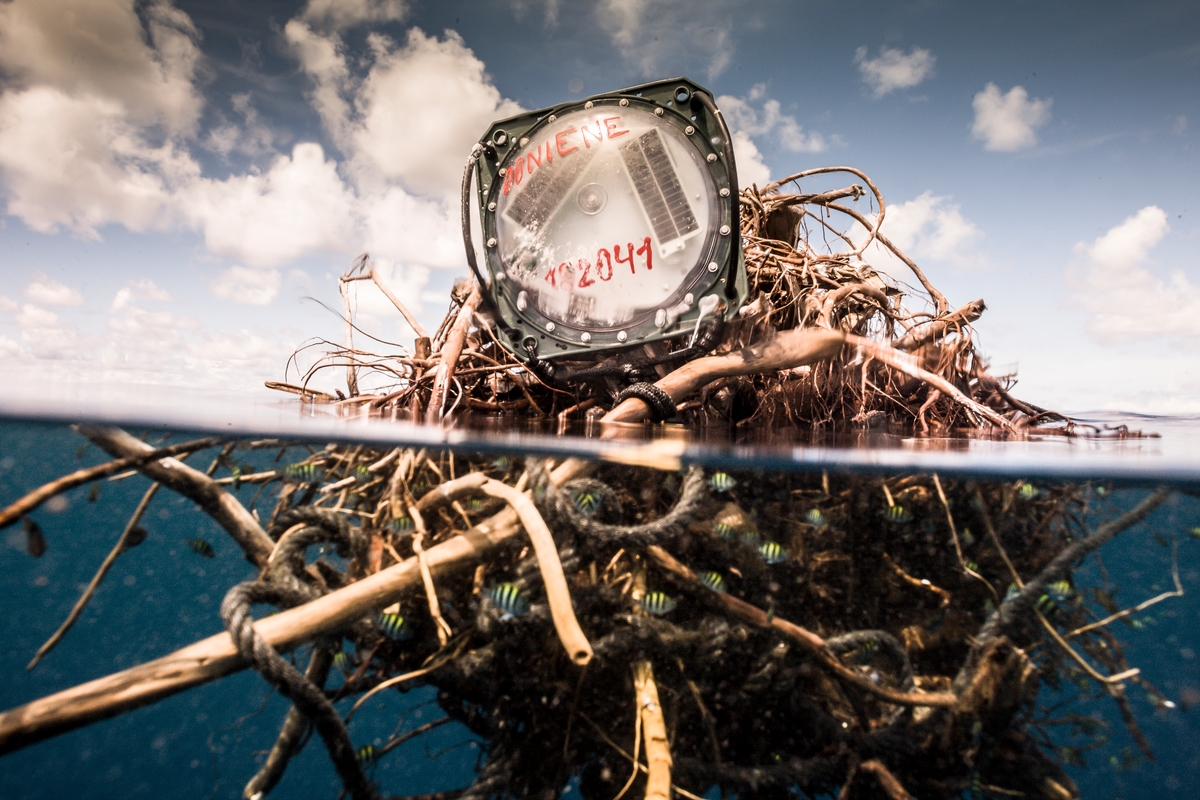-
We’re exploring the Great Southern Reef to save it from Big Oil
The Great Barrier Reef is famous around the world. But hardly anyone’s heard of Australia’s system of pristine cold-water reefs we’ve been exploring...The Great Southern Reef.
-
We have the power to change the tuna industry for good
For almost three years now, Greenpeace has been ranking different tuna canneries and brands.
-
Little drops of water… make the mighty ocean
Here’s the future we want to see: The small-scale fishing sector is a force of innovation, pushing for new ways of producing and consuming food.
-
Bight oil spill could reach Sydney and be twice as bad as Deepwater Horizon
“These two documents should be the final nail in the coffin of Bight drilling. Combined, they show that not only is the risk of an accident higher than usual, but that the spill could be massive."
-
Greenpeace condemns shipment of endangered whales from Iceland to Japan
"We urgently need the UN to agree a Global Oceans Treaty to ensure meaningful protection of our high seas and all marine life, including whales."
-
Governments have failed to protect the Antarctic — but this isn’t over
Government leaders have failed, but the 2.7 million people calling for an Antarctic Ocean Sanctuary will come back stronger than ever to protect our blue planet.
-
Greenpeace slams Antarctic Ocean Commission for ‘failing its mandate’ to protect Antarctic waters
The Antarctic Ocean Commission (CCAMLR) has “failed its mandate” following a meeting in Hobart, Tasmania, where governments failed to agree a vast Antarctic Ocean Sanctuary.
-
Coca-Cola, Nestlé, Danone, Mars, Pepsi and Unilever sign global plastics pledge but still haven’t prioritized reduction
"Unless corporations are held accountable to ambitious and mandatory reduction targets, we won't be able to tackle the problem at the source."
-
Tuna industry leader moves to reduce impact on oceans
“Bolton’s new policy clearly shows momentum to improve standards among the biggest tuna players in the world.”

